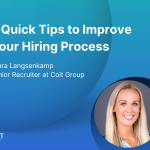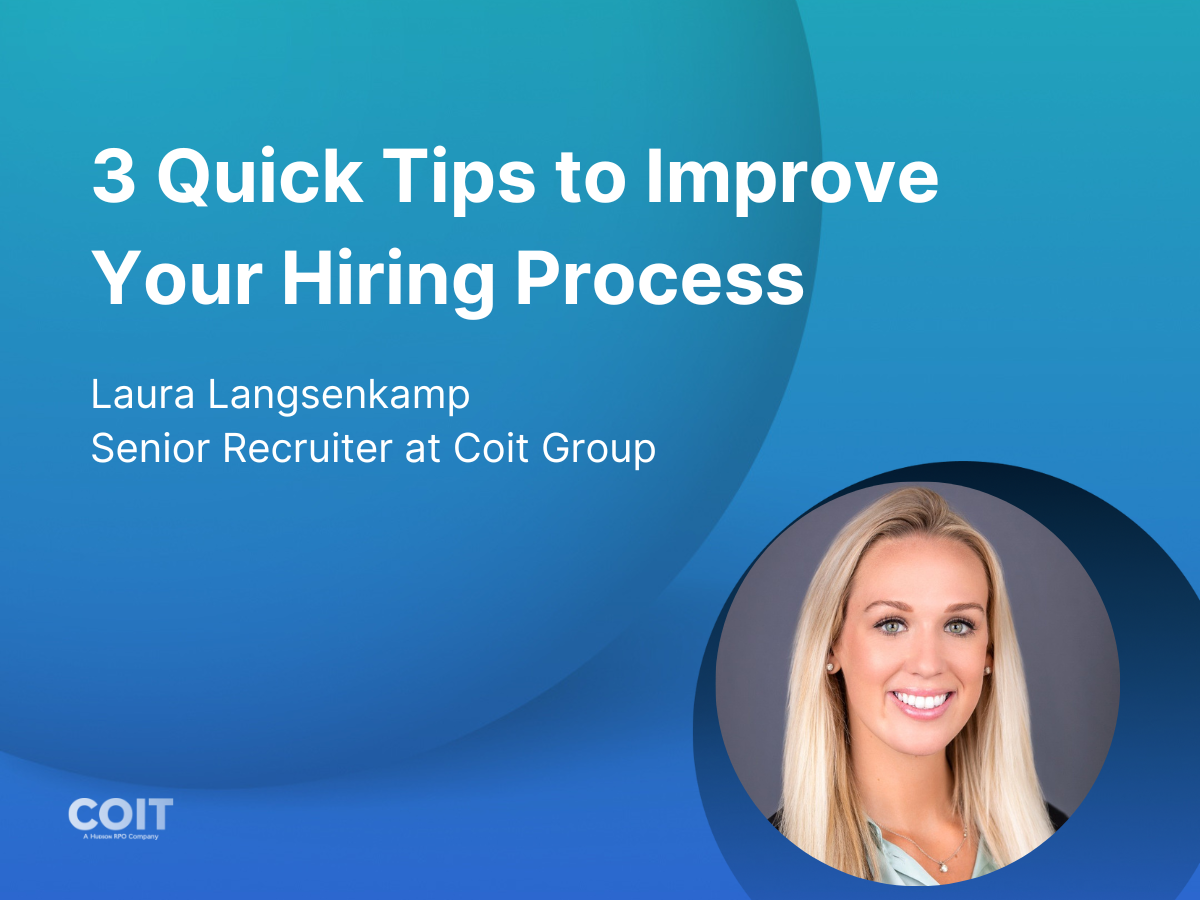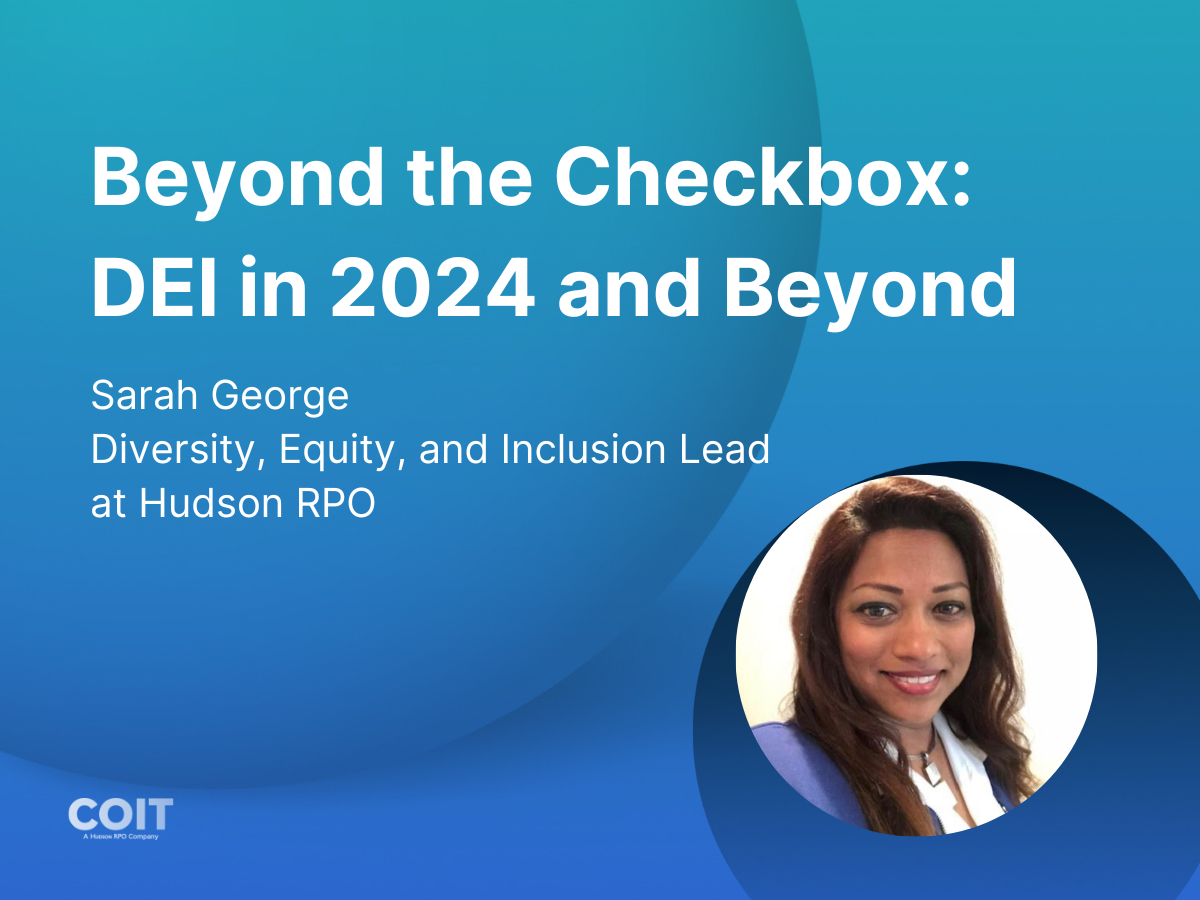As competition for talent across the world increases, organizations are struggling to keep up with the expectations of the new generation of employees. While leaders know the importance of workplace culture, there are several other factors that drive career development, create lasting relationships, and promote a positive work environment. In this article, we explain the importance of emotional intelligence, how to improve your skills, and how to encourage others to unlock EI within the workplace.
What Is Emotional Intelligence?
Emotional Intelligence, or EI, refers to a person’s ability to recognize, understand, manage, and reason with emotions in oneself and others. In the workplace, EI is described as the ability of leaders to recognize their emotions and those of others and adjust to achieve a set of goals.
Five components of emotional intelligence at work
1. Self-awareness – As a modern leader, self-awareness helps you recognize and understand your emotions, as well as their effect on others for you and your team to perform effectively.
2. Self-regulation – Emotionally intelligent leaders hold their emotions in check and channel their energy into creating positive outcomes.
3. Motivation – Leaders with emotional intelligence understand their internal motivations and how they correlate with those of their team members and the organization. This is more than the promise of bonuses, salary increases, rewards, or a change of title – good leaders are motivated by strong intrinsic values.
4. Empathy – This is the ability to understand and share others’ feelings and be able to put yourself in their shoes.
5. Social skills – Having these important skills can help you deal with challenging situations and improve interpersonal relationships, collaboration, and team performance. This promotes trust, building rapport with coworkers, resolving conflicts, and building/maintaining company culture.

Why Is Emotional Intelligence Important in the Workplace?
Studies have shown that people with high levels of emotional intelligence have greater career success, foster stronger personal relations, have effective leadership skills and are overall healthier than those with low EI. Similarly, as an employee moves up in the organizational hierarchy, the positive effect of emotional intelligence on coping with difficult situations and doing tasks effectively increases. As a leader, displaying motivation, empathy, happiness, and teamwork can significantly encourage others around you to feel the same.
How To Improve Emotional Intelligence
While emotional skills may come naturally to some people, there are things that anyone can do to help improve their ability to understand and reason with others.
1. Identify your weaknesses – Self assessments of where you currently sit can help guide you to areas of improvement. Be honest with yourself and look back on your successes!
2. Receive feedback – You may consider asking a family member, close friend, or coworker to shed light on your communication skills. Use this advice as a tool to make a positive change in your daily communication.
3. Ask for help – Several organizations offer resources to aid in communication and leadership skills. If your company does not offer something like this, look for online training sessions, webinars, or ask someone you trust to help.
Interviewing for EI
One way to get ahead is to start recruiting with emotional intelligence in mind. There are many questions that can be asked during an interview that will require candidates to think deeply and encourage conversation. Asking questions will allow you to put the candidate’s EI into action by having more information presented to you in order to make a good hire for your organization. Below is a list of recruitment questions we believe will help any hiring manager or talent acquisition professional uncover a candidate’s level of EI:
- 1. How do you de-stress after a difficult day at work?
- 2. What is something you have achieved that you’re most proud of and why?
- 3. Who are some of your top role models, why do they inspire you?
- 4. How do you celebrate success?
- 5. How do you respond when a co-worker challenges you?
- 6. Have you ever had to change your behavior, either at work or home, if so, why did you have to change, and how did you change?
- 7. How do you recover from failure?
- 8. When have you felt demotivated, and what did you do to overcome this?
- 9. How would some of your closest friends describe you?
- 10. Tell me about a time when you had to work cohesively as a team with people you did not like.
Being a personal advocate for emotional intelligence in the workplace, being open to communication and setting good examples taps into top leadership skills that will set you apart from competition and win you top talent. If you would like to discuss your current hiring challenges, reach out to our team of talent experts today!
Newsletter
Blog Categories
Recent Posts

[Tech x Talent Dashboard] It’s time to change DEI metrics and tactics

3 Quick Tips to Improve Your Hiring Process

Beyond the Checkbox: DEI in 2024 and Beyond

The Unexpected Secret to Effective Rapid Response Hiring




